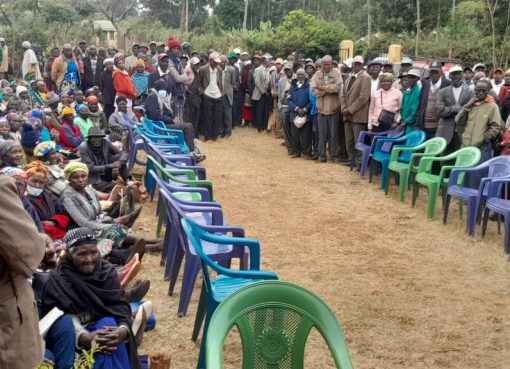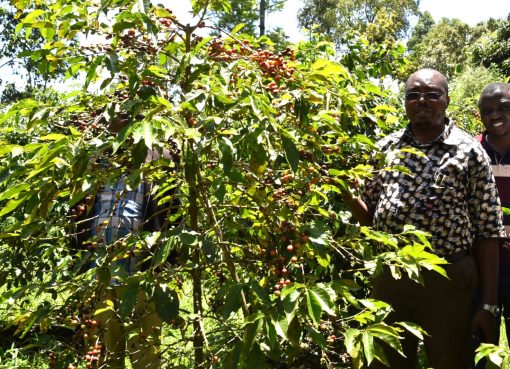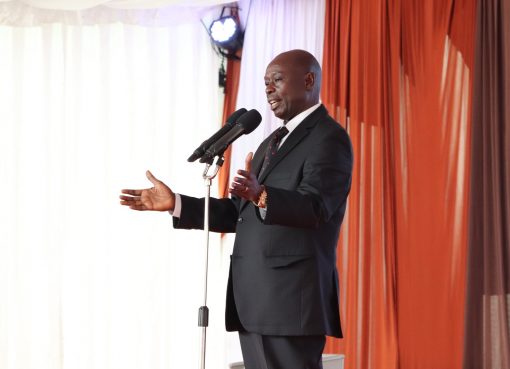Agriculture Cabinet Secretary Mithika Linturi has announced that Unga prices will drop significantly by the end of next month.
Speaking in Mombasa Tuesday, Linturi said the price of unga will come down by the end of February and that the intended reduction was meant to cushion Kenyans from the high cost of living.
The CS who was touring Gold Crown Foods EPZ firm in Shimanzi said the local production deficit is still huge, thus the government will continue to import maize and rice to sustain the demand in the country.
“We are going to import maize and rice, we are not doing it because we want, but because the projections are so bad that if we don’t do it, our people will continue to suffer,” said Linturi.
He contended that the government will continue to rely on imports as farmers ready themselves for a harvest later this year.
According to the Kenya National Bureau of Statistics (KNBS), the cost of a two-kilogramme packet of maize flour has increased by 32.2 per cent, over the past 12 months and is now retailing at over Sh200.
Kenya’s maize production has fluctuated in the past eight years, with its highest production being in 2018, when it produced 44.6 million bags and the lowest being in 2017 when the country produced 35.4 million bags.
Linturi who was accompanied by officials from the Agriculture Ministry said the government was planning to put under Agriculture, above one million hectares of public land in the ADC, NYS and Prisons land to produce more food for the country.
“All public land owned by government entities should be put into use, we need to produce more food and we are in the process of identifying how we will do it,” added the CS.
On the issue of drought situation in the country, Linturi stated that the livestock off take program will continue until the drought situation in the country is suppressed by the mitigation measures put by the government including planting of trees.
“The food relief is not sustainable, but we will continue giving people relief or humanitarian support, because it’s necessary for us as a government to cushion our people,” said Linturi.
He said the off take program is getting good feedback as some parts of the country are now experiencing reliable rainfall that has seen growth of vegetation for livestock to consume.
He said the government is embarking on a program that will control livestock wandering, which has cost livestock farmers dearly. The plan seeks to introduce a new plan to change the mindset of pastoralist communities and embrace feedlot farming.
In December, the government waived import duty on maize and rice for a period of six months to ease shortage of the cereals and avert a food crisis.
By Mohamed Hassan





